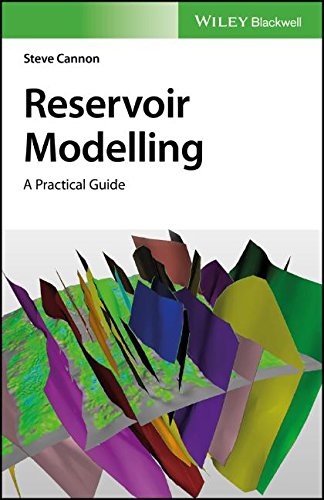

Most ebook files are in PDF format, so you can easily read them using various software such as Foxit Reader or directly on the Google Chrome browser.
Some ebook files are released by publishers in other formats such as .awz, .mobi, .epub, .fb2, etc. You may need to install specific software to read these formats on mobile/PC, such as Calibre.
Please read the tutorial at this link: https://ebookbell.com/faq
We offer FREE conversion to the popular formats you request; however, this may take some time. Therefore, right after payment, please email us, and we will try to provide the service as quickly as possible.
For some exceptional file formats or broken links (if any), please refrain from opening any disputes. Instead, email us first, and we will try to assist within a maximum of 6 hours.
EbookBell Team

4.1
10 reviewsThe essential resource to an integrated approach to reservoir modelling by highlighting both the input of data and the modelling results
Reservoir Modelling offers a comprehensive guide to the procedures and workflow for building a 3-D model. Designed to be practical, the principles outlined can be applied to any modelling project regardless of the software used. The author — a noted practitioner in the field — captures the heterogeneity due to structure, stratigraphy and sedimentology that has an impact on flow in the reservoir.
This essential guide follows a general workflow from data QC and project management, structural modelling, facies and property modelling to upscaling and the requirements for dynamic modelling. The author discusses structural elements of a model and reviews both seismic interpretation and depth conversion, which are known to contribute most to volumetric uncertainty and shows how large-scale stratigraphic relationships are integrated into the reservoir framework. The text puts the focus on geostatistical modelling of facies and heterogeneities that constrain the distribution of reservoir properties including porosity, permeability and water saturation. In addition, the author discusses the role of uncertainty analysis in the static model and its impact on volumetric estimation. The text also addresses some typical approaches to modelling specific reservoirs through a mix of case studies and illustrative examples and:
Written for geophysicists, reservoir geologists and petroleum engineers, Reservoir Modelling offers the essential information needed to understand a reservoir for modelling and contains the multidisciplinary nature of a reservoir modelling project.